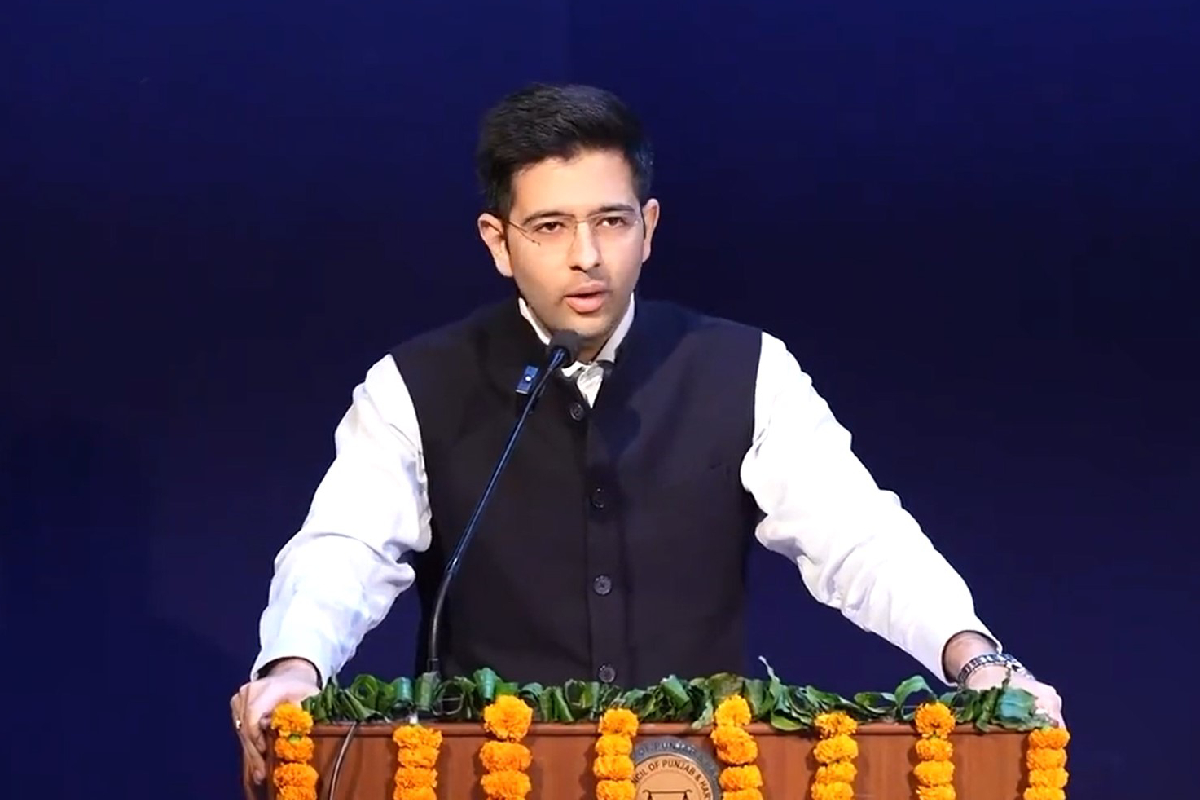NEW DELHI: Raghav Chadha, senior leader of the Aam Aadmi Party (AAP) and Rajya Sabha MP, has raised strong objections to the proposed introduction of the Delhi Ordinance Bill in the Rajya Sabha. In a letter addressed to Rajya Sabha Chairman Jagdeep Dhankar, Chadha expressed his firm opposition, citing significant concerns over its constitutionality and potential implications on the democratic governance model of the National Capital Territory of Delhi.
The Ordinance, promulgated by the President on 19 May 2023, has sparked considerable controversy due to its perceived attempt to undermine the existing democratic framework in Delhi. The bill, introduced by the Centre, aims to extend the provisions of the ordinance into a full-fledged legislation, thus eliciting serious reservations from critics like Chadha.
In his letter, Chadha emphasized that the essence of the Delhi government’s democratic and popular accountability lies in the linkage between the civil servants and the elected arm of the government, represented by the Council of Ministers under the leadership of the Chief Minister. He highlighted that this link of accountability was upheld as crucial to the democratic fabric of governance in a landmark decision by a Constitution Bench of the Supreme Court on 11 May 2023.
However, Chadha expressed grave concern that the Delhi Ordinance has negated this constitutional position. By vesting control once again in the hands of the unelected Lieutenant Governor (LG), the Ordinance has effectively curtailed the power of the elected Delhi Government, leaving it bereft of the necessary governing apparatus. This, he argued, has led to a crisis of administration and disrupted day-to-day governance, as civil servants are now at odds with the elected government’s orders.
In his three-pronged argument against the constitutionality of the proposed Bill, Chadha pointed out the glaring contradiction between the Ordinance and the Supreme Court’s decision. The Ordinance seeks to nullify the court’s ruling without amending the Constitution, a move he deemed to be impermissible and unconstitutional.
Furthermore, he highlighted the violation of Article 239AA(7)(a), which empowers Parliament to make laws to “give effect to” or “supplement” the provisions contained in Article 239AA, where control over ‘Services’ is vested with the Delhi Government. Chadha contended that any Bill that undermines Article 239AA is inherently unconstitutional.

















